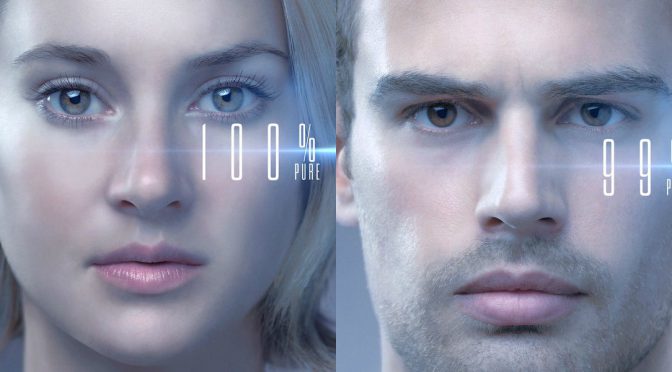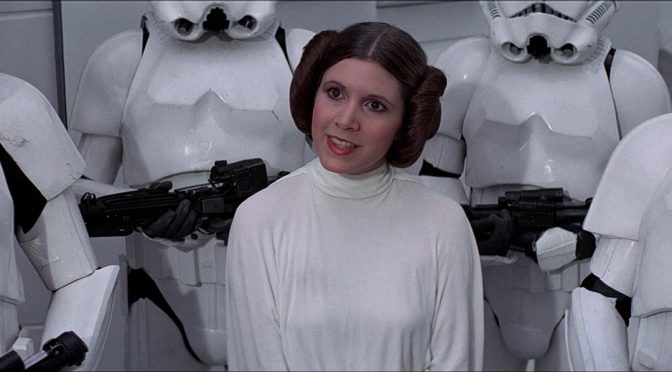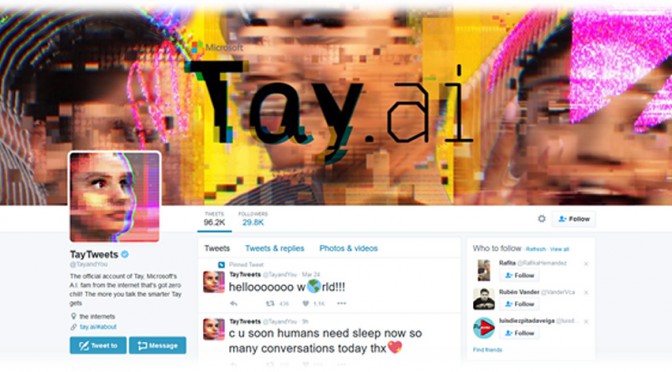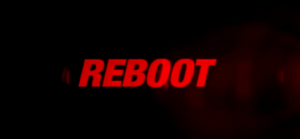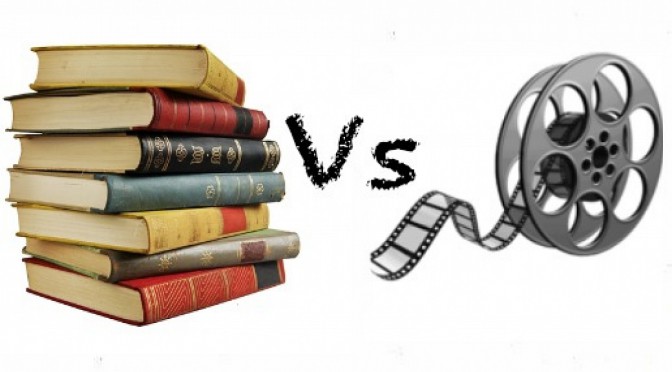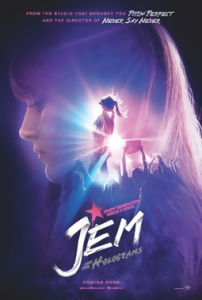I’ve long been a supporter of women getting more respect in the media. Though I don’t feel that every property needs to have a strong female protagonist, I do think that there should be women in the cast of characters who are there to leave an impact on the plot and not just be window dressing. So when I see a property that is actually giving us those kind of female characters, I tend to enjoy it. I’m rather fond of Jessica Jones and I look forward to another season. I respect the hell out of the Hunger Games series (if that hasn’t been clear previously). I just got done defending Rey and Jyn Erso from irrational fans. And I’m currently dismayed that the Ghost in the Shell movie is having problems around its casting because I love The Major and I really want to see her fight a tank in a big budget blockbuster.

So when Supergirl hit the air on CBS, I was one of the people who watched it and stuck it out through to the end. Together with my friend, I caught it every week – something the ratings tell me was not very common. For 20 episodes we kept up with Kara Zor-El and her supporting cast and agreed that the series had its highs and lows. But when that series ended, both of us had come away with generally the same impression: Supergirl had a lot more lows than we would have wanted, and if it was going to get another season, it needed to do something different. And, looking around, we’re not alone in that opinion.
How could an IP with such promise stumble so hard?
The truth is, Supergirl’s failings had a lot to do with why it was made to begin with. In the days where independent authors and web series are viable options, it’s easy to forget that a lot of the choices being made in entertainment are still coming from a cynical place. Despite my support of Rey and Jyn, I was a bit wary once Disney said that these characters were female “purposefully”. It’s not that I don’t want more female Star Wars characters, clearly, but rather it’s because it means Disney’s executives have a mission statement.

And the problem with that is that when an executive has a mission, they’re doing that because they see it as a trend to capitalize on. This is a bad thing because trends die and generally studios and publishers will throw the baby out with the bathwater the minute a trend stops giving optimal returns. But another reason why I’m not so keen on executives having mission statements is that it often means that bad decisions will be made with good intentions. And how does that impact Supergirl?
Supergirl struggled because the show runners put the message before the story…



